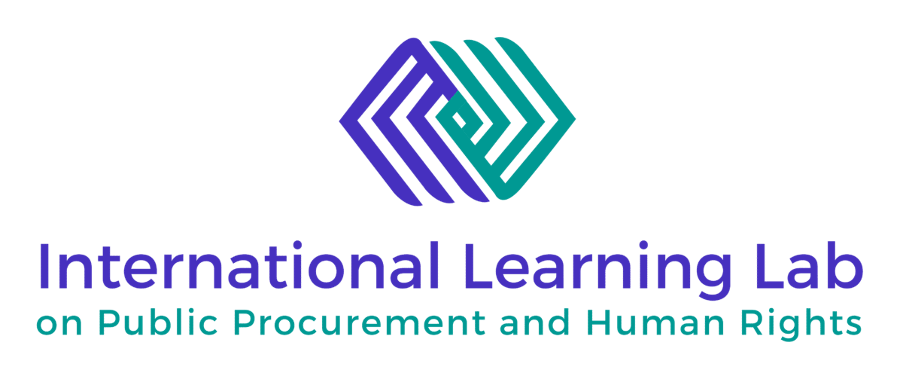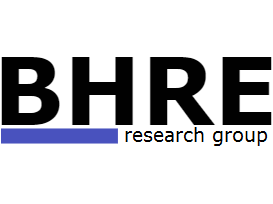THE CITY OF GHENT: LEADING THE WAY IN SOCIALLY RESPONSIBLE PROCUREMENT OF WORKWEAR - Aline De Cokere, January 2020
In September 2019 the City of Ghent won the Procura+ award for Sustainable Procurement of the Year. This award acknowledged the work the City of Ghent has done in adopting social responsibility requirements in its procurement policy, launching a pilot procurement project to test the implementation of the policy, and publishing a guide for public purchasers on socially responsible workwear based on this experience.
What approach is the City of Ghent taking to public procurement?
In 2014 the City of Ghent updated its procurement policy and set a strategic priority on sustainable purchasing practices aligned with the seven sustainable public procurement pillars for the City of Ghent:
Minimising the ecological footprint through the entire life cycle of goods and services it procures;
Encouraging sustainable employment of disadvantaged groups;
Promoting sustainable innovations;
Fostering local economic growth with a focus on start-ups and innovative companies;
Integrating and assuring international labour standards and fair-trade principles within the states supply;
Encouraging sustainable entrepreneurship;
Increasing the maturity of the public procurement function.
To meet the policy objectives relating to international labour standards and fair-trade principles, three procurement categories were identified as having a high-risk profile: textiles, ICT and stone. Thus, a priority was given to implement protections in these areas.
The City of Ghent entered into a partnership with the Association of Flemish Cities and Municipalities (VVSG) to stimulate local authorities to incorporate ethical criteria in their procurement procedures. As the first Fair Trade City in Belgium and the first Fair Trade Capital in Europe, Ghent was eager to do this by means of its framework agreement for workwear as a pilot case.
How has the City of Ghent implemented its procurement approach?
Through a new framework agreement for socially responsible workwear, the City of Ghent wanted to take an exemplary role and develop the supplier market towards transparent and socially responsible supply chains. Sustainable workwear for the City of Ghent is defined by a minimal environmental impact throughout the life cycle and a maximum guarantee that both national and international working conditions and human rights are being respected throughout the entire supply chain. Other objectives included environmental friendly production, customer satisfaction, waste reduction (end-of-life solutions, packaging) and sustainable transport.
Figure 1: Mapping of the textile supply chain, Source: Toolbox Socially Responsible Workwear
First, we analysed the already existing public tenders and best practices when it comes to incorporating sustainability in framework agreements for workwear. Then, we conducted an extensive market study to assess the readiness of the market, the transparency and the opportunities to utilise labels (e.g. sustainability labels). In this process, we also asked for and took on board the suppliers’ viewpoint on sustainable demand and the public procurement complexities as well as the needs of the users who will wear the workwear in the end. Based on the market survey, the framework agreement was divided into five lots:
Sustainable workwear,
Standard workwear,
Linen and baby bibs,
Work and safety shoes,
Gloves and other personal protection equipment.
This division allowed more companies specialised in a specific segment to join the tender. Furthermore, we address social sustainability differently in each lot, as the maturity in terms of social sustainability for sustainable workwear is further ahead than for gloves and other personal protection equipment.
With the selection of the tender, the contractor, as well as its subcontractors, commit to continuously improve the working conditions in their supply chain for the entire duration of the contract. In addition, the respect for the minimum international labour standards and human rights and the payment of the living wage is demanded.
More precisely, the approach in our case for workwear concerns four levels:
Engagement: respecting and actively applying the general corporate social responsibility and socially responsible chain management principles as laid down in the code of conduct;
Transparency: annually reporting of the social risks in the supply chain, based on externally verified risk reporting;
Action: taking corrective action to respect the principles;
Leadership: structurally improving the social risks in the supply chain by implementing social management systems.
As a result of this process, the City of Ghent now procures workwear made from organic and fair-trade cotton and (recycled) polyester wherever possible. For a large part of the workwear procured, the supply chain is already fully transparent and socially responsible. For other products, we are still collaborating with our suppliers to make the supply chain transparent and to introduce corrective action plans where necessary.
The City of Ghent and the VVSG have developed a toolbox for the procurement of socially responsible workwear, in which their experiences are bundled. Although the focus lies on workwear, the principle of supplier engagement is universal and can be applied to other products with high-risk supply chains. The toolbox serves as a guidance for other public buyers and the market and can be consulted here:
What comes next?
The overall goal of our procurement approach is to encourage suppliers to engage in the continual improvement of social conditions over the course of the framework agreement. It is a constant learning process between the suppliers and the City of Ghent. Therefore, we have regular follow-up meetings with our suppliers to realise transparent and socially responsible supply chains for our workwear.

